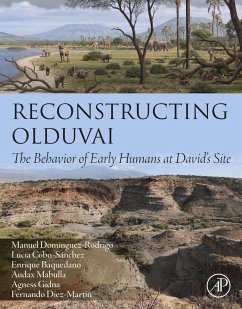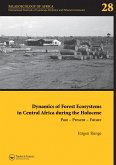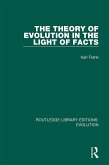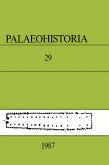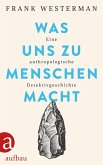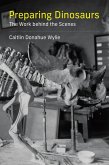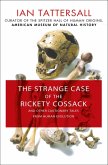Reconstructing Olduvai: The Behavior of Early Humans at David's Site provides the necessary information for future generations of archaeologists to peer into the lifestyle of early humans. Much of what is known about these hominins originates from the detailed excavations that Mary Leakey carried out at Olduvai Gorge in Tanzania. Since then, work at Olduvai has produced a wealth of new fossils, resulting in the discovery of David's Site, the biggest early Pleistocene site in the world. Its exceptional preservation and size make it an invaluable paleoarcheological finding, and this book details the insights discovered therein about the dietary, technological, and social behaviors of hominins. Written by leaders of present-day excavations at Olduvai Gorge, this book is systematically divided into three parts to deliver a clear account of the research advancements at David's Site. Part I focuses on the presentation of the site and the description of its geological and paleoecological reconstruction. Part II examines hominin feeding habits, including how they brought, processed, and consumed animals at the site. Part III explores hominin technologies, including reconstruction of the stone-tool activities carried out at the site. Reconstructing Olduvai offers a much-needed update to the decades-old monographs focused on Olduvai Gorge, Tanzania, by providing novel information on the fossils, sites, technologies, and behaviors of early humans. It is an indispensable resource for students, academics, and researchers who share an interest in the evolution of early human behavior.
. Describes the discovery and excavation of David's Site (DS) at Olduvai Gorge, Tanzania . Details the geological and paleoecological reconstruction of all Olduvai Gorge Bed I sites . Summarizes the impact of taphonomic analyses at Bed I sites on our understanding of early human behaviors . Explores the dietary habits and technologies of early Pleistocene hominins
Dieser Download kann aus rechtlichen Gründen nur mit Rechnungsadresse in A, B, BG, CY, CZ, D, DK, EW, E, FIN, F, GR, HR, H, IRL, I, LT, L, LR, M, NL, PL, P, R, S, SLO, SK ausgeliefert werden.

